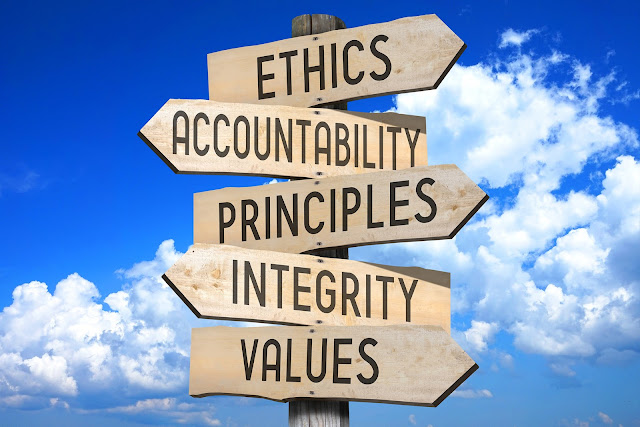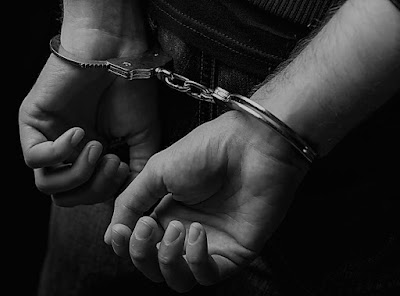The SPJ Code of Ethics
 |
| The SPF thought of everything. Did you? (Photo: onlinephotographytraining.com) |
The Society of Professional Journalists
website is such a deep pool of great resources. If you’ve never visited it, I
highly recommend that you click on the link above and do some exploring. One
resource in particular that is invaluable is the SPJ Code of Ethics. It
provides guidelines that will ensure an ethical and transparent conduct. The
code has been around for 110 years and it’s not by chance. It is so thorough
and sensible that it’s hard to disagree with any of it.
The website breaks the list into four categories
and each item into multiple examples, in case you need further clarification. I
read it through, and I noticed some of the things journalists shouldn't do were really “common sense.”
Things you would watch on a news program or read on the newspaper and think “Hm,
that was unprofessional.” But some of the advice made me realize potential problems
that I had never stopped to think about before.
For example, under the category “Seek
Truth and Report it”, there is a bullet point that explains how you should proceed
with anonymous sources. “Consider sources’ motives before promising anonymity,”
the code says. Of course, it makes perfect sense. How can the public simply believe
in your source if they don’t know who they are? Or if they are biased? Why did
you choose to interview this person?
I believe the public is more likely to
trust your judgement if you build a reputation as a transparent and ethical
reporter. Naturally, as the code says, you should also explain why you are protecting
your source’s identity.
The category “Minimize Harm” covers many important topics. One that stuck with me was “Balance a suspect’s right to a fair trial with the public’s right to know. Consider the implications of identifying criminal suspects before they face legal charges.” Just like journalists can change the course of events in a positive way (like in All the President’s Men), they can ruin an investigation for the sake of publishing a story. What you write and share with the public can have so many implications.
You can apologize for writing something rude or misguiding, but there is no
apology in the world that’s going to fix damage caused by your interference in a police case. Imagine wrongly
accusing someone and then finding out they were lynched because of what you
wrote. Or knowing that you shared too many details of an investigation and a
murderer escaped.
Under “Act Independently,”, there’s an
item that says “Avoid conflicts of interest, real or perceived. Disclose
unavoidable conflicts.” I clicked on in, so I could have a better idea of what
exactly it meant by that. One of the examples provided was “NPR‘s Ethics
Handbook offers some guidelines on avoiding conflicts of interest, including
when a journalist’s spouse becomes involved with politics.”
Now, can you imagine how tricky this
situation would be? The advice stated that “we must make it clear that our
primary allegiance is to the public.” I wouldn’t want to be in this person’s
skin. How can you be sure you are not being biased? I wouldn’t trust an article
about a politician that was written by their spouse, and I don’t think I could
expect other people to do that…
The last category is “Be Accountable and
Transparent.” I tried to avoid the cliché “last, but not least,” but it’s true.
The possible issues addressed here are just as important as any other part of
the Code. While, as you can imagine, the topics emphasize that journalists need
to communicate clearly and “abide by the same high standards they expect of
others,” the item that could put a person in a dilemma
is the one that says journalists should “expose unethical conduct in journalism, including within their
organizations.” Imagine exposing your boss and losing your job. You can’t
argue that is not the right thing to do. Nevertheless… a tough call!
While the Code of Ethics should be any journalist’s Bible, I believe it is fundamental to have a network you can run to for support. For every difficult situation that you encounter in life, there are likely other people who have been through the same thing, or that can at least support you in your decision to do the right thing.
The Code will tell you what to do. The right people will help
you do it.


Comments
Post a Comment